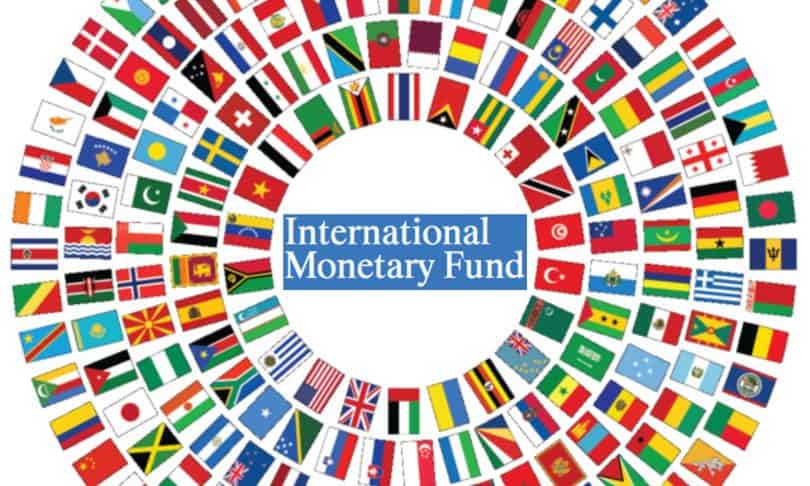Pacific Islands nations most at risk from rising seas should consider novel debt-for-nature deals as high debt levels across the region make traditional loans unsustainable, a senior International Monetary Fund official said on Tuesday.
Debt-for-nature deals, where government borrowers swap loans for cheaper debt underpinned by credit guarantees from multilateral lenders and commit some of the savings to environmental conservation, are rare but growing.
A consortium of top development banks and climate funds set up a global task force in December to boost the number of the instruments after high-profile deals in Ecuador and Gabon last year.
IMF Deputy Managing Director Bo Li said the instruments could be used alongside equity investments or debt restructuring to help fund climate investments and create fiscal space in Pacific islands where high debt levels ruled out traditional loans.
“We need a lot of climate investment but for many developing countries, especially small Pacific Islands states, debt levels are already high,” he said at a news conference.
“We need more equity investors that are willing to put equity into climate projects. With equity we can scale up, without equity it is difficult to scale up.”
The remarks were made at the IMF Pacific Islands conference in Fiji, held for the first time since the pandemic. Attendees, including countries from across the region, also discussed emigration and digital banking.
Li also said the IMF was expanding its presence in the region, including expanding its offices in Fiji’s capital Suva as well as opening a new office in Papua New Guinea.
Last August, the World Bank forecast public debt to fall across parts of the region after a surge since 2019 as the tourism-dependent economies were hit by pandemic-related border closures, trade was hurt by logistical challenges and extreme weather events caused damage.
